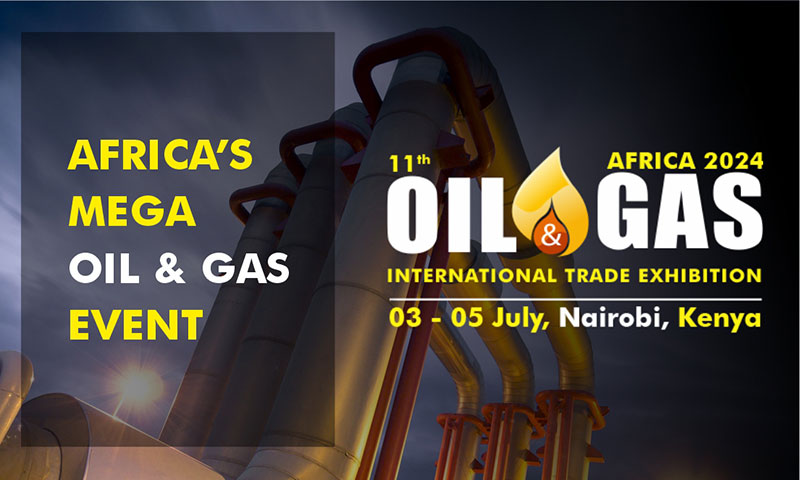

FISCAL REVISIONS MAY UNLOCK SUB-SAHARA AFRICA’S 48 BILLION BARRELS OF DISCOVERED OIL
Posted on :Wednesday , 28th October 2015
Wood Mackenzie asserts that the oil price crash has accelerated the need for fiscal adjustments, as Sub Sahara African governments prepare to weather significant reductions in vital tax revenue. With no increase expected in production volumes, future revisions will need to strike the right risk and reward balance – incentivising investors to commercialise the continent’s vast untapped resource base.
According to the analysis company the oil price decline has heightened the need for fiscal change in Sub Sahara Africa, estimating that governments across the region will take around $50 billion less in hydrocarbon taxes in 2015 as company budgets are forced down by the price drop.
“Less than 10% of the 48 billion of barrels of oil equivalent (boe) discovered in Sub Sahara Africa over the last decade have reached final investment decision (FID). As a result, there will be little or no increase in production from new developments that offsets the loss of vital hydrocarbon tax earnings – Nigeria alone relies on the oil and gas industry for 70% of its revenues,” explains Martin Kelly, Director for Sub Sahara Africa Upstream research at Wood Mackenzie.
Ross Millan a Principal Petroleum Economist for Sub Sahara Africa research at Wood Mackenzie notes that almost 20 Sub Saharan countries have revised their fiscal frameworks in the last five years most of which have resulted to tougher terms in response to previous exploration success and increased state equity, greater local company participation and the profit-related production sharing contracts (PSCs).
“Since 2010, almost 20 Sub Saharan countries have revised their fiscal frameworks. Throughout the process, we’ve seen two common themes emerging: tougher terms in response to previous exploration success and updated hydrocarbon laws to capture current industry trends, such as increasing focus local content, technological advance and new areas of exploration. In addition, increased state equity, greater local company participation and the profit-related production sharing contracts (PSCs) are some of the key changes we’ve seen widely introduced,” he says.
A number of other nations have also announced their intention to overhaul fiscal terms and some already have legislation making its way through the parliamentary approval process .
“In many ways the lull in exploration activity and new project sanctions has provided governments with a unique opportunity to overhaul ineffective and potentially outdated fiscal systems before the next wave of investment,” Mr Millan adds.
According to Wood Mackenzie, the percentage of government share in hydrocarbon profits across Sub Saharan African countries (onshore 66.1%; shelf 60.5%; deepwater 61.6%) is higher than the global average (onshore 57.6%; shelf 58.3%; deepwater 57.8%) despite the challenges companies face operating in the region.
Kelly cautions that whilst the region has tremendous resource potential, neighbouring countries are in direct competition for international investment and must understand where the next round of fiscal changes could position them against their peers in the eyes of the global upstream industry.
“Finding oil is one thing, but getting it to market as a taxable commodity is another. Sub Sahara Africa has a tremendous opportunity to generate wealth from hydrocarbon resources in the coming years, but in order to do so need to ensure that future fiscal revisions strike the correct balance for investors between risk and reward ” Kelly concludes.
Please Select an Option
-
Exhibiting
-
Visiting
-
Information

Expogroup
Expogroup is a full service exhibition organiser with over 28 Years experience in International trade exhibitions. Our current portfolio includes 28 annual exhibitions from a diverse range of industries being held across the Middle East & Africa.
EXPOGROUP © 2024 | Privacy policy
